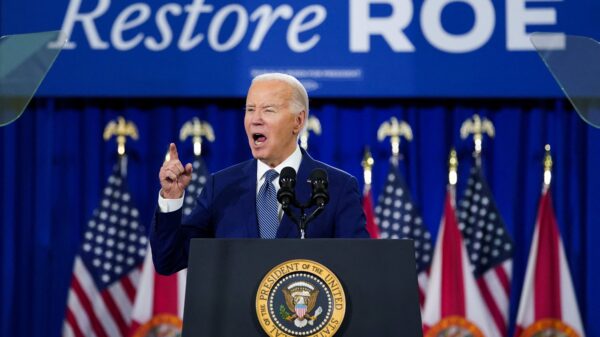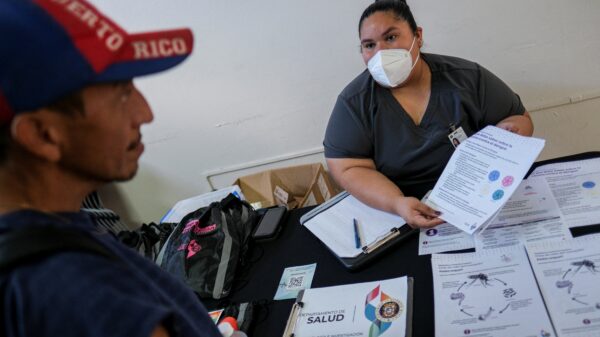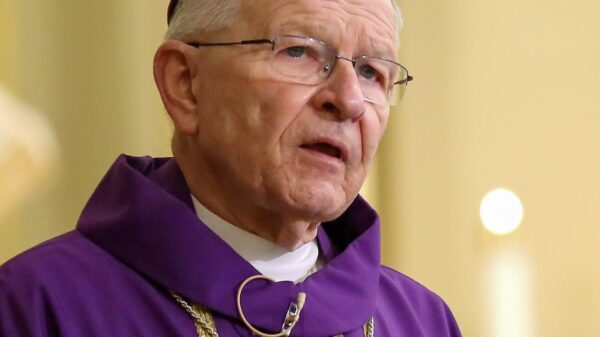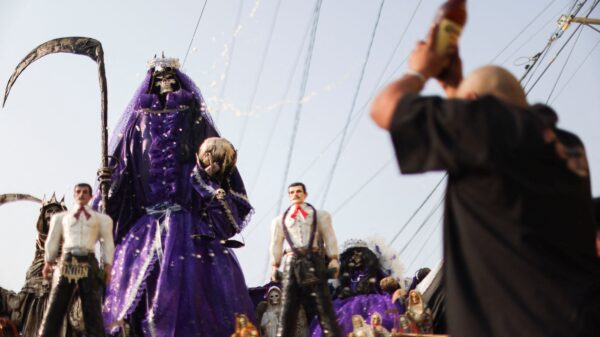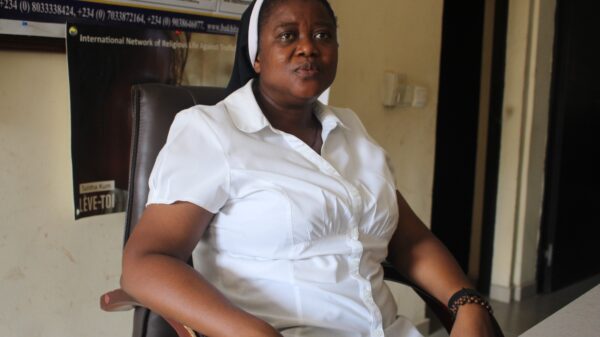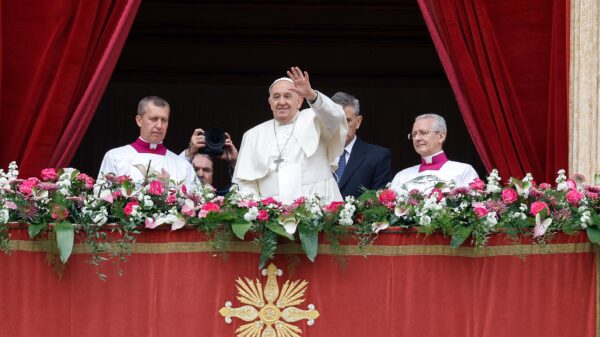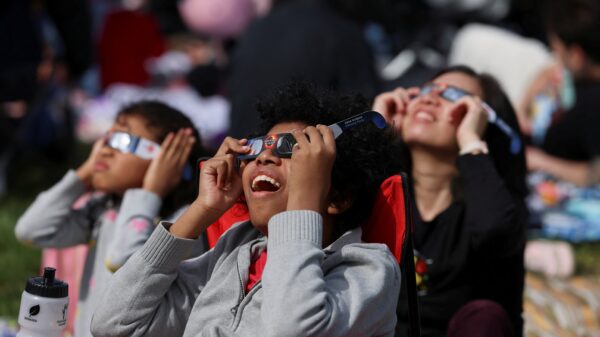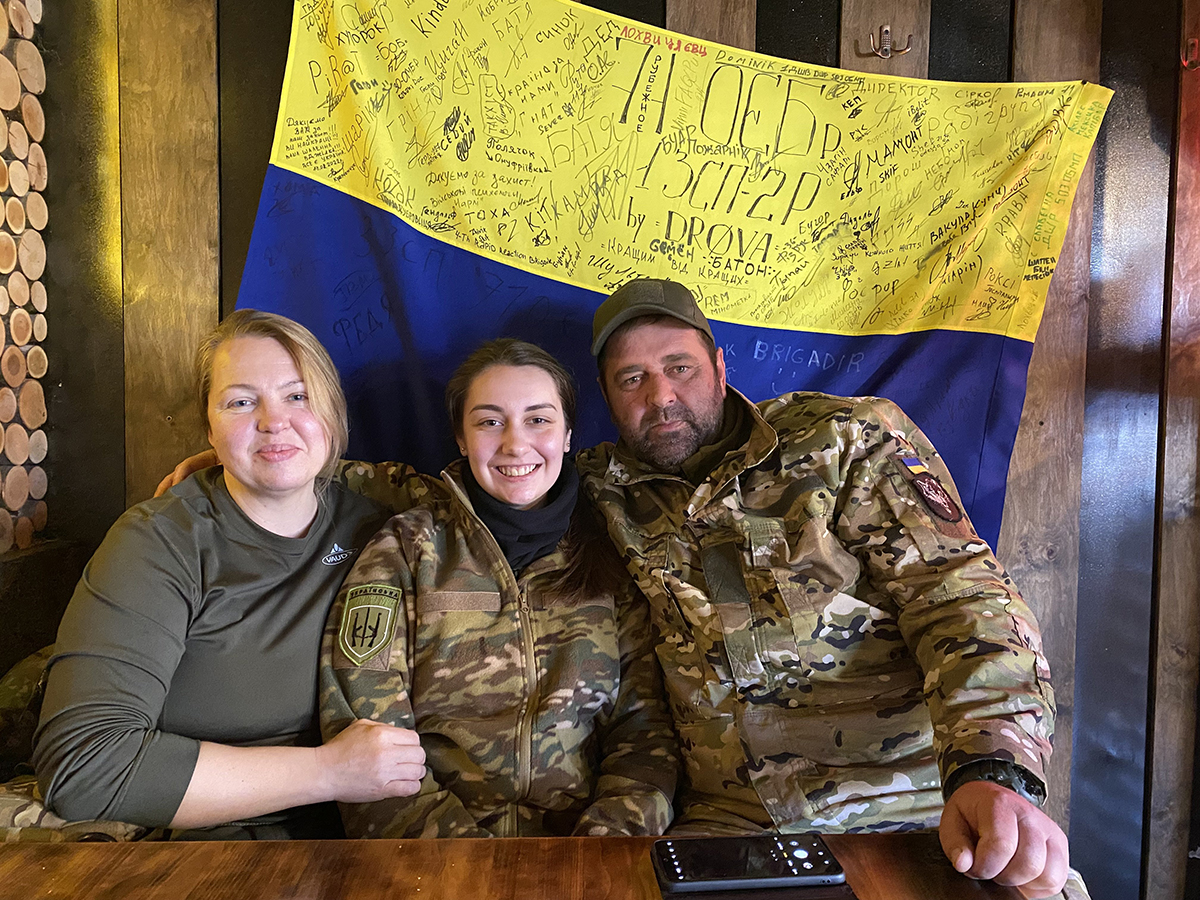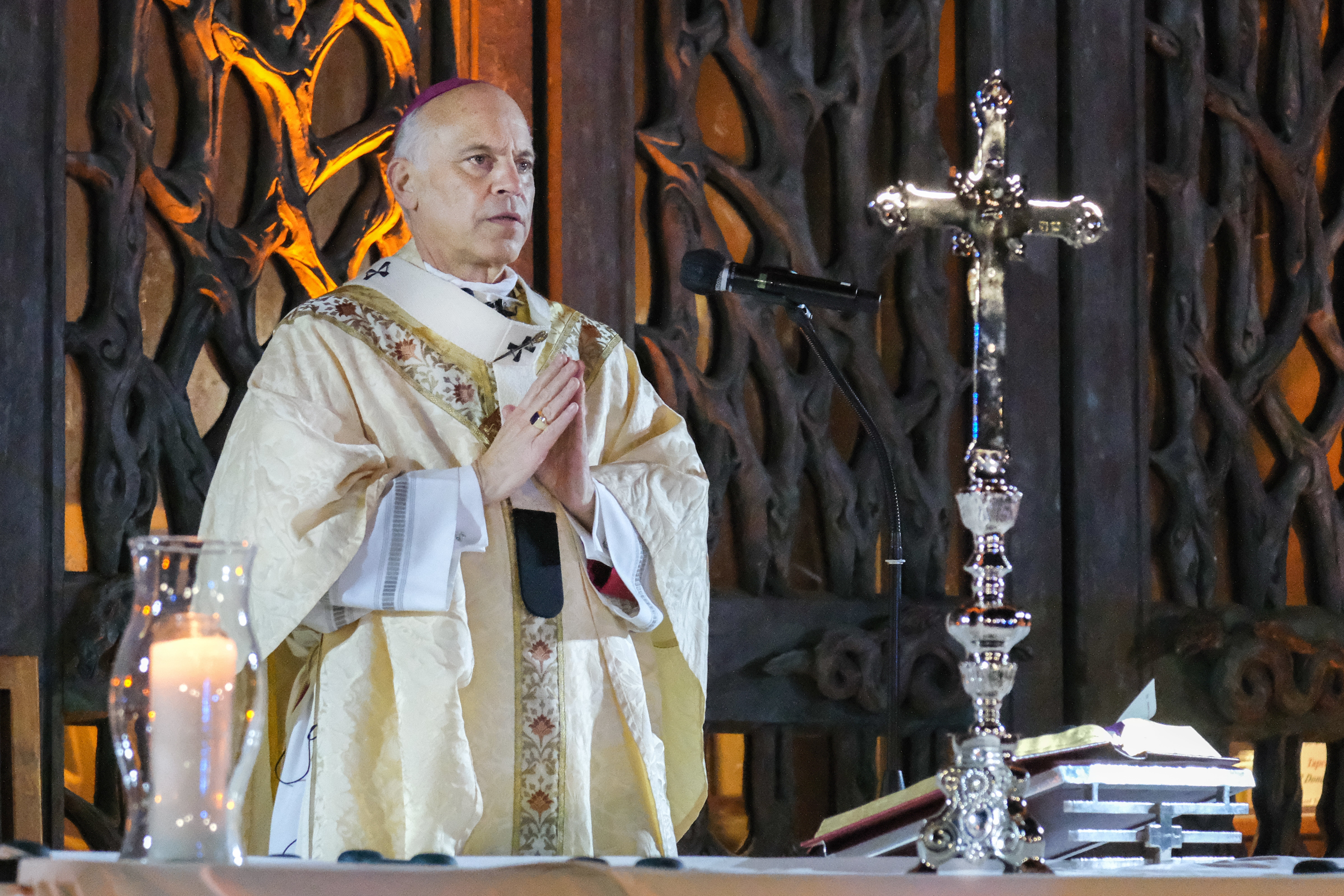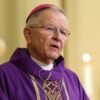LVIV, Ukraine (OSV News) — Orysya Masna used to wonder why she had ever undertaken first-aid training.
The 21-year-old social work student, now entering her senior year at Ukrainian Catholic University in Lviv, told OSV News she had attended fall 2021 classes led by a military paramedic and had wondered, “Why am I studying this?”
She received an answer in February 2022, when Russia launched its full-scale invasion of Ukraine, following the 2014 illegal annexation of Crimea and the fomenting of separatist activities in Ukraine’s Donetsk and Luhansk provinces.
“My roommates were in shock and started crying,” said Masna, a Ukrainian Catholic. “But I immediately wanted to take the university’s course in emergency medicine. We needed this now.”
Within the next four days, 600 people at the university completed the training, she said.
“We learned what to do if a rocket flew into your room and you lose a leg, or somebody stops breathing — the first aid even before the ambulance comes,” said Masna.
She then enrolled in an additional training program: this one for the Hospitallers, a volunteer organization of paramedics founded by Yana Zinkevich at the start of Russian hostilities in 2014. Since then, the group — which includes some 360 paramedics working in more than 50 crews — has evacuated well over 11,000 wounded troops.
After she completed the Hospitaller course, Masna put her skills to work.
“I was deployed to the front line at the end of May 2022,” Masna said. “I went to Donetsk Oblast, and my first rotation was in a village called Komar.”
The town, whose name means “mosquito” in Ukrainian, proved to be “an easy rotation” compared to her next assignment: Bakhmut and Soledar, where some of the fiercest battles of the war have been waged.
“At first my family didn’t know,” Masna admitted. “They thought I was in Kyiv delivering medical supplies. Then my mom heard shootings (during our calls), and I said, ‘Oh, don’t worry, I’m at the military base and they’re training.'”
When her mother offered to visit, Masna was forced to reveal her true location.
“She was kneeling and asking me not to go, and then she said, ‘I’ll go with you,” said Masna. “And I answered, ‘You cannot go.'”
Traveling with her team — a driver and a fellow paramedic — Masna then headed to towns such as Novosilka, Adiivka and New York, where only a year before the invasion she had toured in a student theater group.
“The university was doing a traditional Ukrainian Christmas play, and we had gone to the soldiers there,” she recalled. “Everything had been destroyed, including schools. It was really, really painful to see, because all the places I had been were ruined.”
During the one-month rotations, which are followed by two to four weeks of rest, Masna and her team work to get injured soldiers to safety as quickly as possible for lifesaving treatment.
“One person drives, and we try to get everybody in the car — many, many wounded soldiers,” she said. “We drive and treat simultaneously, trying to get them out of danger.”
Thanks to her individualized program of study, Masna is able to balance her coursework and rotations — although she has been known to study on the battlefield during lulls in combat.
“I had an online English-language lesson. The professor was pushing me to attend the lecture, and I said, ‘Oh, I’m at war now,'” she said. “But he insisted.”
One former patient managed to find her and bring her flowers, she said.
Amid the heat of combat, “the most important thing is not just to do the medicine, which comes automatically, but to be able to gather your thoughts and be focused in these stressful situations,” she said. “In the moment, you’re treating someone and you are really focused; you know what to do.”
Once, she and her team tried to briefly relax with an evening swim in a river — until the sky was filled with “stars falling all around,” she said. “They were phosphorus bombs.”
Dogs and cats, left without owners due to the war, become team mascots and therapy animals while she’s in the field, she said.
Off rotation, she heads to the Carpathian Mountains to reconnect with the beauty of nature, and the support of close friends helps to keep her grounded, she said.
But once she’s rested, Masra heads back to battle, confident of God’s protection.
“God is with us in our car, and therefore our team is the strongest,” she said. “There were many moments when we could die. There were many moments that we can testify we could have died, but something happened — the car wouldn’t go, or there were swamps and we have to drive around, and we missed the bomb.
“I have a short prayer I say,” said Masra. “If I die now, God, please forgive me all my sins, and let’s go.”
Gina Christian is a national reporter for OSV News. Follow her on Twitter at @GinaJesseReina.


